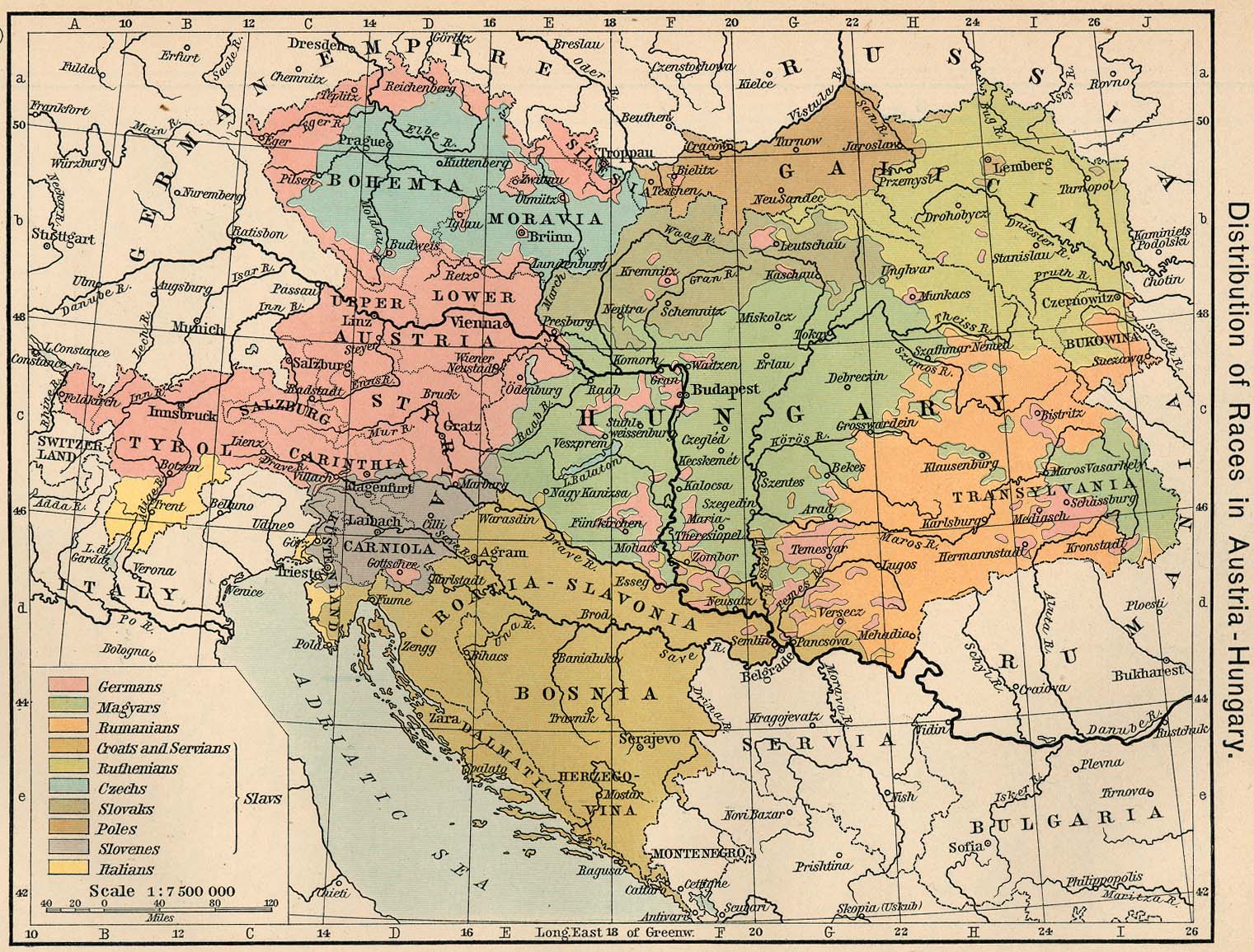Planned cities and new beginningsAs a child I had aspirations to be an architect and perhaps even a city planner. I was particularly enthralled by an article in the May 1960 issue of
National Geographic titled, "Metropolis Made to Order: Brasília," about the construction of a
new capital city for Brazil. It was filled with photographs and illustrations of half-constructed buildings, including those housing the three branches of government, the various ministries, a cultural centre, commercial and banking establishments, residences, schools, and even a large teepee-like cathedral. Two aerial diagrams showed a symmetrical city spread out along a lake and resembling the torso and wings of a giant bird. Extensive green spaces carved out of the hinterland separated the buildings, undoubtedly making it rather taxing for would-be pedestrians.

John de Garis
Congressional buildings, BrasíliaWhat a fascinating notion: building a city from scratch out of a wilderness! It seemed such a daring and exciting venture. I immediately set about trying to design capital cities of my own for fictitious countries of my devising. None of these boyish designs survive, so I can no longer recall what they looked like. But I rather think they shared many of the qualities of Brasília itself, excepting the huge expense.
I would eventually learn that the notion of a planned capital city was by no means new. It had been done before and it would be attempted again. In one of the earliest efforts the Emperor Constantine the Great moved his capital from Rome to a new Rome built on the foundations of ancient Byzantium, to be rechristened Constantinople. It would serve as a capital of the Roman and Ottoman Empires successively until 1924. In 1703 Russia's Peter the Great built a new capital on the banks of the Neva River and the shores of the Baltic Sea -- on land recently seized from Sweden.
St. Petersburg ("Sankt Pieterburg") supplanted old Moscow and the Emperor forced Muscovite nobles to pull up roots and move to his new city. The fact that it was so vulnerable militarily would come back to haunt its residents some 240 years later when the nazis
besieged what was then called Leningrad for 900 horrible days.
Two hundred years ago the United States built a
new capital on the shores of the Potomac River in land detached from Maryland and Virginia. (The segment from Virginia was later returned to that state.) In the 20th century Australia built
Canberra and Pakistan built
Islamabad as the centres of their respective governments.

http://www.eryptick.net/
Parliament, Canberra, AustraliaNowadays I am less interested in the physical undertaking of building a new capital city than in what it symbolizes, namely, a new political beginning. Constantine built Constantinople in part to mark the adoption of a new religion for his empire. Old Rome was irretrievably pagan; new Rome was established as a christian city for a christianized empire. Peter the Great founded St. Petersburg as a symbol of a new Russia oriented towards western Europe. That neither imperial Rome nor imperial Russia fully put aside the old ways is immaterial. The very abandonment of the old capital represented an intention to break with tradition as fully as possible.
Rome and Russia were already ancient realms by the time their new capitals were chosen. However, the fledgling United States, formed in 1787 out of the 13 states which had so recently broken with the British Crown, required a new capital to correspond to its own newness. Its very name, honouring the first president, George Washington, carried the hopes and aspirations of the new federal republic. Much as Washington set the tone for his presidential successors, the building of the city of Washington would come to characterize the seemingly limitless possibilities of a country already expanding west beyond the Appalachian frontier.
And what of Brasília? From the time of independence in the 19th century, Brazil's rulers had wanted to settle the vast interior of the country. When republic replaced empire in 1889, an interior location was set aside for a prospective new capital city. However, not until 1956 were concrete steps taken in this direction. In 1960 Brasília replaced Rio de Janeiro as the centre of the federal government. Like all cities, it has never been entirely completed and undoubtedly never will be. Sad to say, however, only four years after Brasília's inauguration, a military coup dislodged the civilian government and misruled Brazil until 1985. Did the grand effort of planning a new city in a relatively poor country impair the political system's functioning, making it ripe for an authoritarian government? Perhaps.
I myself tend to wonder whether such a tangible symbol of breaking with the past might tend to mislead citizens into believing that they really have done so -- that they have succeeded in putting aside their own traditions, good and bad, and embracing entirely new ones created, as it were,
ex nihilo. Even revolutions, such as the French and the Russian, change far less in the political culture than their proponents would like to see. The old ways are simply carried into the new capital or the new régime. I also wonder whether the resources employed to build a new capital might have been put to use in less spectacular pursuits that would nevertheless better have served the public interest.
Yes, there is an undeniable excitement in a national effort to build a new capital city from scratch. But justice is more likely to be found in the ordinary activities of a government conciliating diverse interests than in a government bent on capturing its citizens' imaginations and mobilizing them for flashy, expensive projects not immediately related to their genuine needs.

















